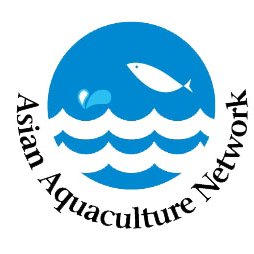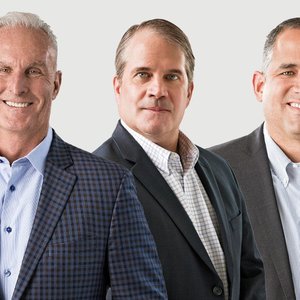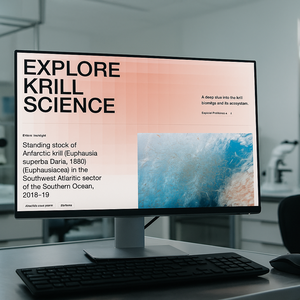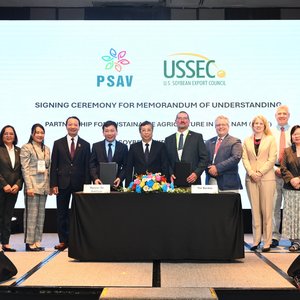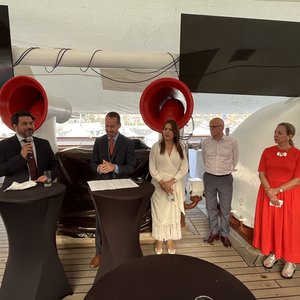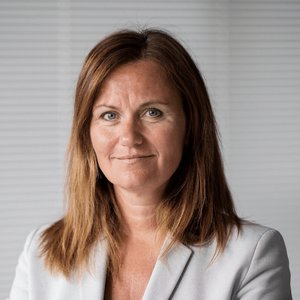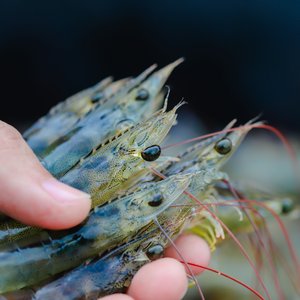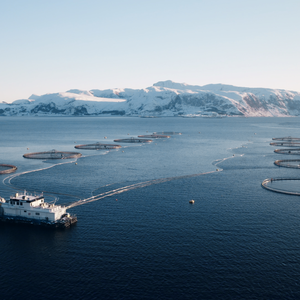Global FISH Alliance promotes sustainable fishing and aquaculture practices worldwide
The U.S. Agency for International Development (USAID) along with alliance partners AED and Darden Restaurants, which owns Red Lobster and Olive Garden, today announced the Global FISH Alliance, a program that promotes sustainable fisheries and responsible aquaculture practices. The partnership held a reception at the AED Global Theater where a panel representing this unique public-private partnership discussed the importance of a comprehensive approach to sustainable fishing practices.
The alliance promotes sustainable fisheries and responsible aquaculture to enhance livelihoods, biodiversity and food security. The initial target fishery is the spiny lobster in Central America, where the lobster fishery is a major source of income for coastal communities.
"Fisheries play an enormous role in the economies, food security and well-being of many developing countries and communities; yet often don't receive the attention they deserve. USAID is delighted to be partnering with Darden, AED and other organizations to promote sustainable fisheries management and biodiversity conservation," said Michael Yates, USAID Deputy Senior Assistant Administrator for Economic Growth, Agriculture and Trade.
"We are very pleased to be part of the Global FISH Alliance to help establish holistic multi-stakeholder approaches to conserve and enhance the ocean's resources," said Ian Olson, Director of Sustainability for Darden. "Sustainable fisheries are not only critical to Darden's continued growth, but the overall ecosystem."
Fishing serves as a key economic driver of trade, livelihoods and revenues, as well as an important component of nutrition and food security in developing countries. By 2020, developing countries will account for almost 80 percent of the total fish sold in the food trade. Over two and a half billion people rely on fish for a substantial part of their animal protein and nutrition.
"AED takes a system-wide approach that balances the economic, environmental, governmental, and social considerations," said Richard Bossi, Vice President and Director of the AED Center for Environmental Strategies. "Each perspective is essential if we are going to improve livelihoods and conserve marine biodiversity."
Learn more about the Global FISH Alliance, and how to participate.


